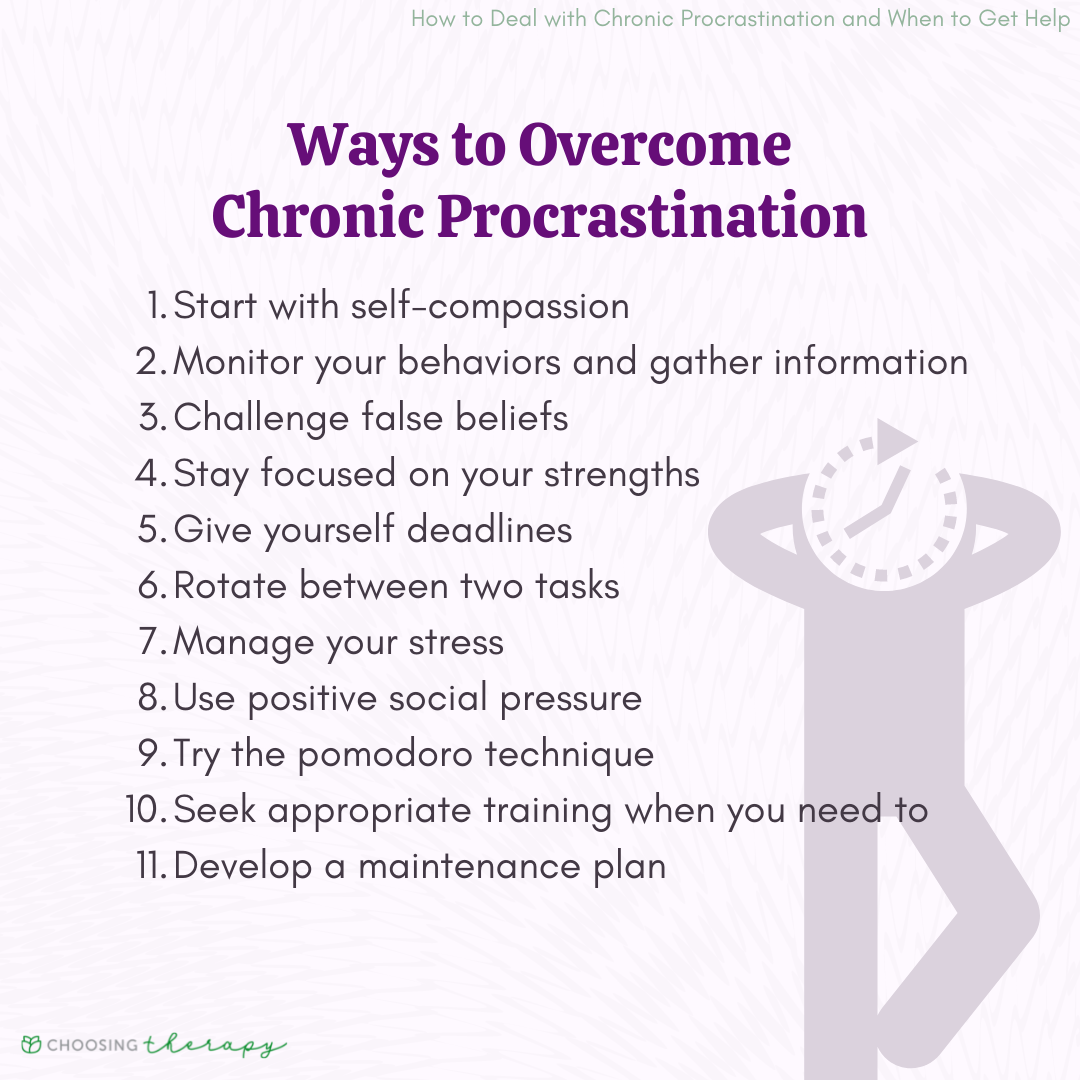The Science Behind Procrastination, Emotional Dependency, and Impostor Syndrome
The Science Behind Procrastination, Emotional Dependency, and Impostor Syndrome
Blog Article
In today's fast-paced world, people often face internal obstacles that hinder their success. Among these, procrastination, emotional dependency, and impostor syndrome are some of the most common challenges. But how can we overcome them?
This article, we will explore the root causes and strategies to address these three challenges. By understanding their impact and learning to manage them effectively, you can build a healthier mindset and achieve your goals.
What is Procrastination?
Procrastination refers to postponing important activities despite knowing their importance. It often stems from fear of failure, lack of motivation, or poor time management.

When procrastination takes over, procrastinadores it can lead procrastinam to stress, missed opportunities, and reduced productivity. To combat procrastination requires developing better habits and creating actionable plans. Consider techniques like the Pomodoro Technique or focusing on time-bound goals to stay on track.
The Nature of Emotional Dependency
Emotional dependency occurs when an individual relies heavily on others for validation, support, or happiness. While human connection is essential, emotional dependency turns detrimental when self-esteem is tied solely to others’ approval.

Symptoms often include a fear of rejection, difficulty making decisions independently, and an overwhelming need for reassurance. Breaking free from this pattern, it’s crucial to build self-confidence and cultivate self-reliance. Engaging in personal development activities and professional guidance can be helpful tools.
Recognizing and Managing Impostor Syndrome
Impostor syndrome is the persistent belief where someone feels like a fraud despite evident success. People with impostor syndrome tend to undermine their abilities rather than skill or effort.

Impostor syndrome often results in anxiety, self-doubt, and a fear of being “exposed”. Addressing this issue involves challenging self-critical beliefs and celebrating accomplishments. Engaging in supportive discussions and setting realistic expectations can support personal growth.
How to Address These Challenges?
Here are some practical steps:
- Create a routine to combat procrastination and set achievable goals.
- Build self-awareness to identify patterns of emotional dependency and work towards independence.
- Acknowledge your strengths regularly and consider therapy or coaching.
Long-term improvement requires persistence, so stay committed to these approaches to see positive changes.
Moving Forward from Mental Barriers
Procrastination, emotional dependency, and impostor syndrome can feel overwhelming, but you can overcome them by taking deliberate action. By understanding their roots and applying effective techniques, you pave the way for a healthier, more fulfilling life.
Take the first step by acknowledging where you stand and implementing small but meaningful changes. Remember: progress is a journey, not a destination.
Report this page